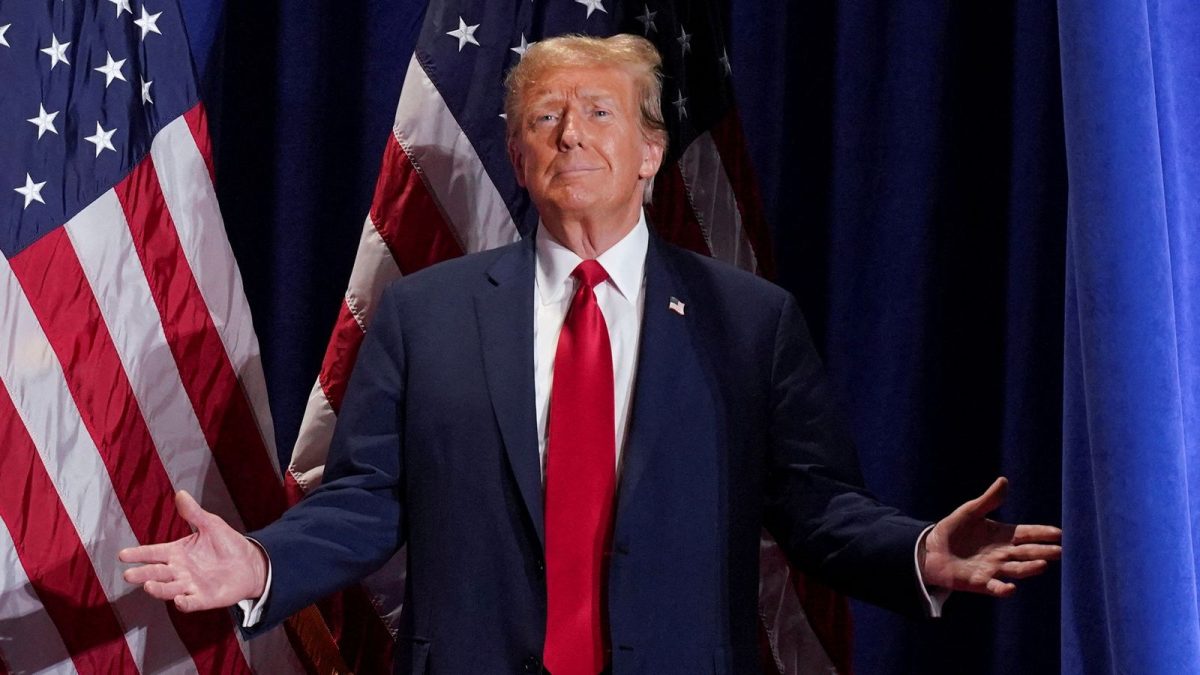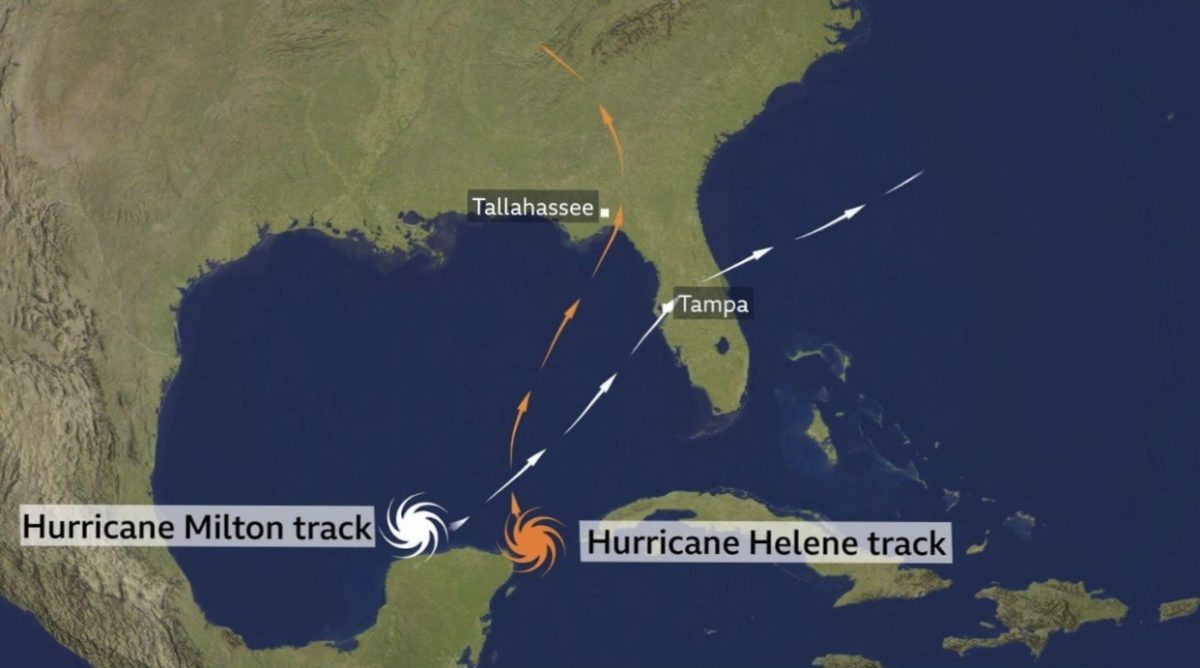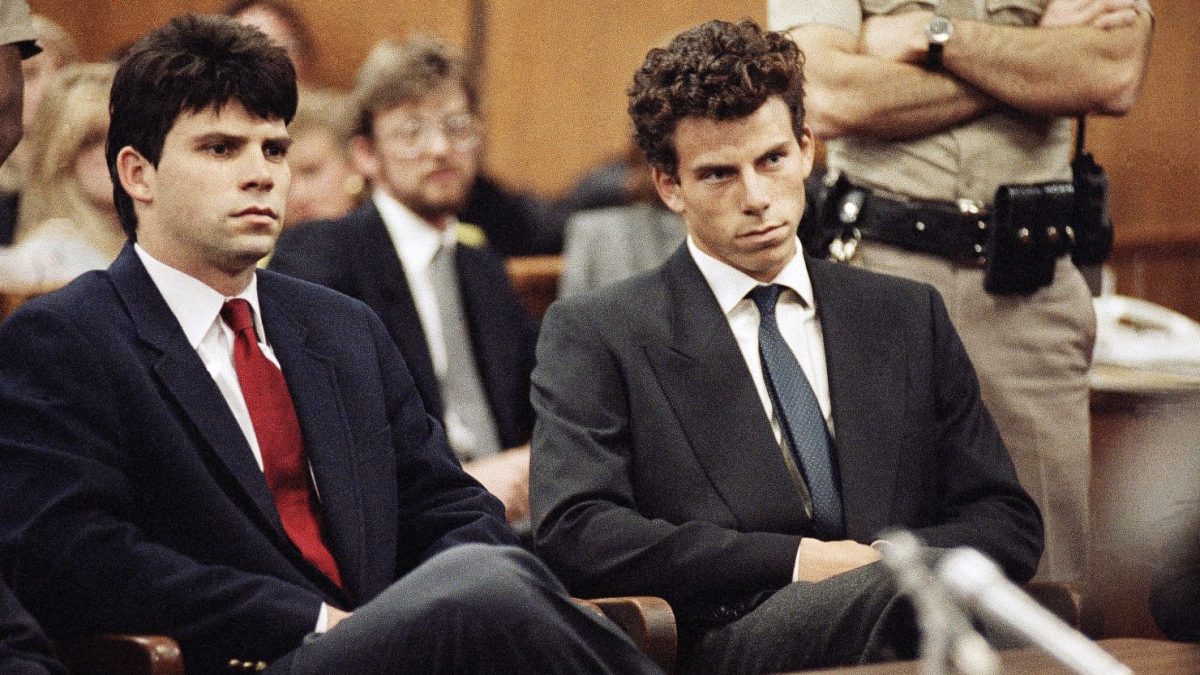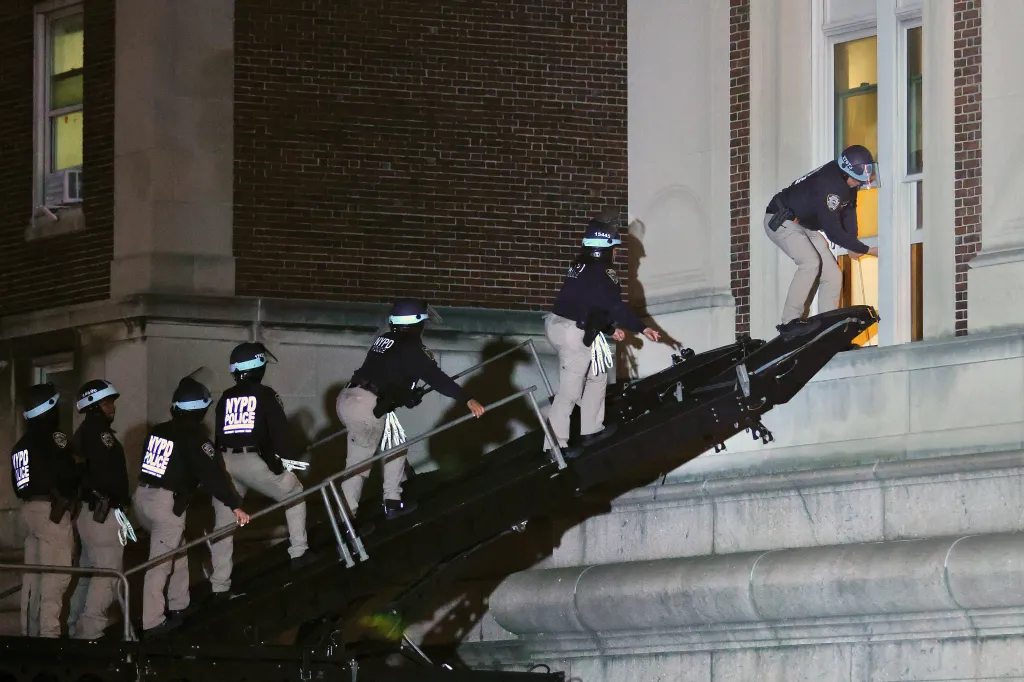On March 8, Republican National Committee Chairwoman Ronna McDaniel will step down in another sign of former President Donald Trump’s hardening influence on the Republican Party.
McDaniel announced her impending resignation on Feb. 26, two days after the Republican presidential primary in South Carolina, a Republican stronghold that delivered a resounding victory to Trump.
McDaniel cited party tradition during a presidential race saying, “The RNC has historically undergone change once we have a nominee and it has always been my intention to honor that tradition.” But in actuality, McDaniel’s exit is likely a result of the growing ire she has faced amid a floundering Republican Party.
The RNC is currently facing a grassroots crisis with both a lack of cash and abysmal electoral performances in recent years.
Both have been blamed on McDaniel, who has been chairwoman since 2017 after being hand picked by Trump after delivering a successful 2016 victory for Trump in the state of Michigan. McDaniel has been almost nothing but supportive of Trump, backing the former president’s claims of a stolen 2020 election.
Despite being hand picked by Trump, McDaniel faced a challenge to her leadership in 2022 from the ardently pro-Trump wing of the Republican Party. In the January 2023 chairperson election, McDaniel faced RNC member Harmeet Dhillon, who received noted support from pro-Trump activist and Turning Point USA founder Charlie Kirk. McDaniel would ultimately defeat Dhillon with twice the support from committee members, but her vulnerability to pro-Trump forces remained.
But even before McDaniel announced her intent to resign, Trump came out in support of Michael Whatley for the next party chair.
Whatley is currently the chair of the North Carolina Republican Party and another election denying ally of Trump.
Trump has also selected close campaign advisors to hold other leadership roles in the RNC, including his daughter-in-law Lara Trump whom Trump has endorsed for co-chair.
Trump has also put forward Chris LaCivita, a senior campaign advisor, to be the party’s chief operating officer, the person in charge of allocating party funds.
Trump cannot single handedly choose RNC officials, but the former president’s large influence on the party means that a majority of committee members is likely to back Trump’s picks, especially since Trump’s endorsees face no competition.
It is not uncommon for the party’s presidential nominee to have a say in selecting party officials, but Trump is not the official nominee yet, and his intraparty critics have raised concerns that RNC funds could be used to pay Trump’s legal bills amid the plethora of criminal indictments Trump is under.
LaCivita has denied any intentions to use RNC funds to foot Trump’s legal bills.







